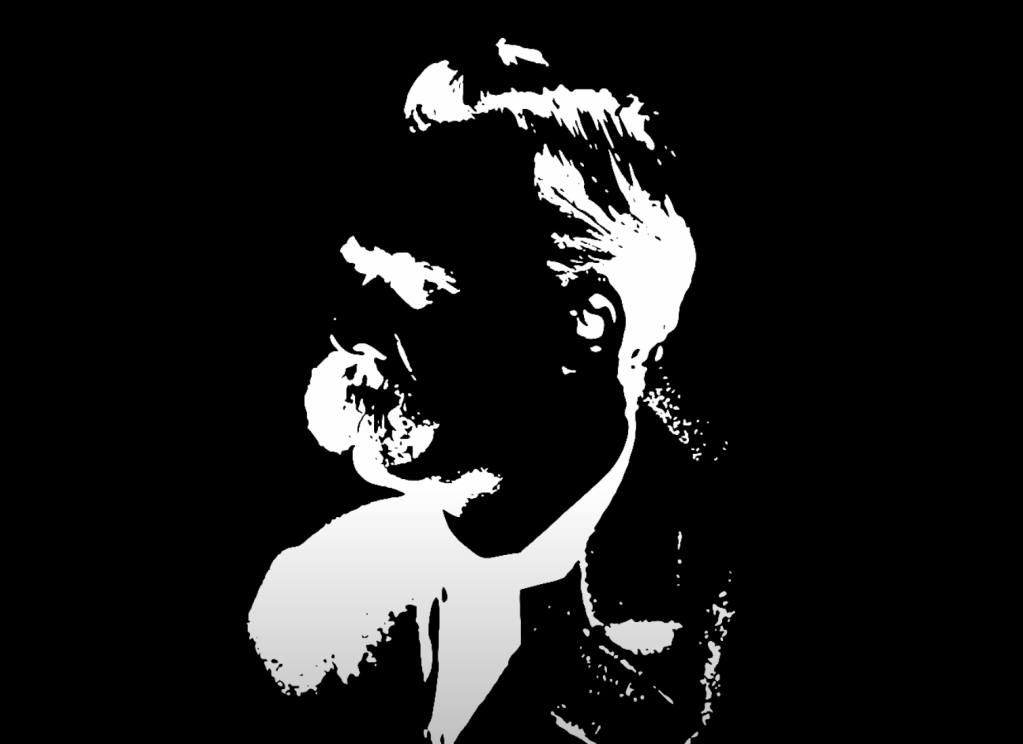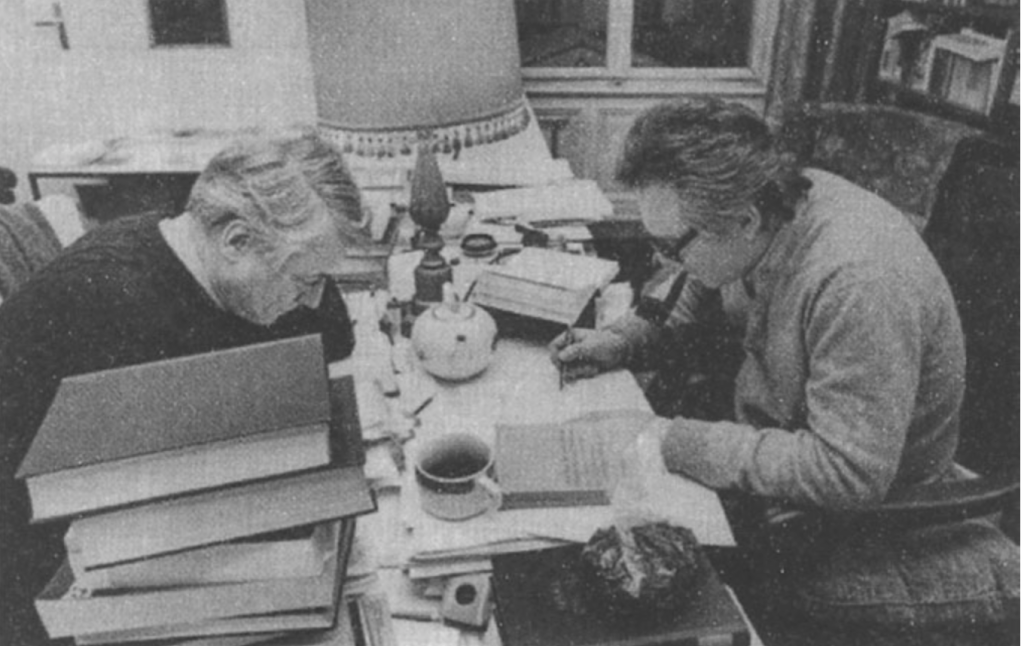I write and theorize about the family, socialism, and philosophy. Last year was a momentous year. I published my first book Psychoanalysis and the Politics of the Family which I was very proud of, and this enabled me to engage in several conversations on the left about the family, class, and politics. But it was only during the second half of last year that I truly understood why I engage in these topics and care about them so much.
It’s summer 2022. I fly back home. Upon arriving, a dramatic even happens. A family member is hit and pushed by another family member. The conflict is caused by a cramped living space issue. The situation is raw and unresolvable. It is too immense to process for anyone involved. Nothing can be remediated in the situation other than a separation of the two people, but that can’t happen. No one can afford to move out or change the situation. The root of the conflict is driven by jealousy and material living space issues. There is a cramped living space that must be shared by one person who works and another person who lives off government assistance. As to be expected, this brings a level of jealousy and resentment. The family is political. There are class dynamics at work, but not in a homogenous sense. Perhaps technically one is lumpenproletariat and the other proletariat. Suddenly a microcosm of the very thing we must theorize begins to appear, not in theory but right in front of me, inside my family.
This event catapulted me back into my childhood. Sweaty palms suddenly reappear, a nervousness that I hadn’t felt in ages begins to set in. A reminder of why I live in geographic exile from the place of my childhood. Everywhere I looked back home I saw a certain death drive. Nowhere is this more apparent than in this seemingly petty conflict over living space, over a material issue. Importantly, it was not registered as a conflict over material issues. That dimension was lost entirely. It was registered as an aberration, as an irrational acting out, as a mistake. Perhaps the material dimensions that drove this conflict were too obvious to address. Or too painful to address. After all, the material dynamics surrounding the conflict are unchangeable.
The podcast host and author Ezra Klein and the ruling class neoliberal ideology that he champions insist that economic anxiety has no bearing on politics. After all, how is this traumatic event to be understood? What are the limits to understanding it by those involved? You can tell old friends about it, but they can’t process it, at least materially. It is better to keep quiet about it. Perhaps to even begin to theorize the material dynamics to the event would reveal one as weak, as overly educated. Perhaps Klein is proven right but for all the wrong reasons. Klein is right for psychoanalytic reasons. Economic anxiety is not speak-able. It is what must be repressed.
It is clear to me that the Biden era has sapped the political resolve of my otherwise apolitical friends back home. Every time that I spoke about politics—everyone knows I am a socialist—I was told that it does not matter, “none of the shit you care about matters.” No one wants to hear the materialist underbelly to the social conflicts we face day-to-day. This is the death drive, a preference to remain in this lane that we’re in, hardened by the knowledge of what happens when you try to change it. What happens when you identify the real material dimension underneath? A tragicomedy begins to unfold. This leads to a politics of escapism, or it leads to a resentful hardening. These conflicts shape our very idea of reality. For the more refined and the more intellectual, it is vulgar to speak of the real in this way.
Economic anxiety is too ever-present for us to even begin to separate it out. With the inflation, the post-pandemic anxieties, the insecurity of markets we are all facing despair. Perhaps class unity can come from the fact that we do not need to make any differentiation in these material realties? Perhaps the fact that we all face the unfixable hostage situation of “the economy” means that some unity can come out of that alone? Can the extremity of this situation be transposed onto middle class anxieties about which college so and so got into? Are these anxieties equivalent? The personalization of politics has limits in a liberal society that has disciplined our very relation to the material reality that shapes our world. How do we address the extremity of suffering without appeal to the utilitarian mean? Sometimes I sense that even liberalism today has found a way to discard the utilitarian importance of suffering.
To even insist that this event had the sort of political dimensions that it did would have been met with scorn by those involved in it. They would not care to hear it. But despite that barrier to reality, I refuse to follow the line of thinking that everyone is alienated, and some solidarity can emerge from this liminal shared experience. I still long to think how solidarity can emerge from these more unspeakable sites of conflict.
That this event had to be kept secret and had to be kept under wraps was revealing to me. To protest the real of this event would have been to expose oneself as too resentful. Don’t let anyone tell you differently, there is a profound dignity of class, not shame. Who said shame is good? Who said we are shameless today? Sure, there are shameless actors on TV and social media. Former presidents, media personalities, Andrew Tate, Elon Musk etc. But these are just fictional stand-ins for shamelessness. In our concrete social relations, we don’t want anything to do with shame. Lacan is right that we have abandoned shame long ago. Most of us have lost any sense of how to learn from shame, especially when shame must reveal such a material level set of dynamics to work. Sometimes even shame is too much to bear.
The idea that ‘the personal is political’ remains the middle-class ideal that guides leftwing politics. One can see why it is appealing. It has a universal appeal: we are all alienated and in despair. In times of pandemic and inflation social suffering is taken as one big blanket that we all share. But we’re not one big, alienated family. In some cases not even alienation is able to be spoken of and must go repressed.



Leave a comment